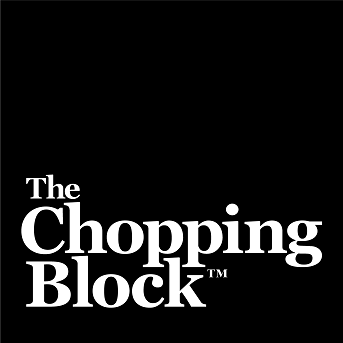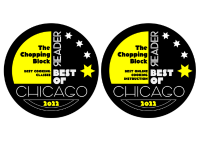It seems as if there are new diet trends popping up every few months, and without a proper understanding of how food in general impacts weight loss and weight gain, it can be confusing. I hope to clear up the confusion and help you decide what sort of eating strategy you'd like to adopt (if any).
First, for any “diet” to induce weight loss, two things must occur. For one, you must be in a calorie deficit and consume less energy than you are expending. So you don't have to follow any specific “diet” to lose weight, but they can be very helpful in creating that calorie deficit. The other is that you need to pick a plan that you can adhere to in order to maintain that deficit. Following your plan during the week and pretending weekends don't count or being perfect for four weeks and getting frustrated and feeling deprived the fifth and eating whatever you feel like will not set you up to to be successful with weight loss.
One more time: you DO NOT need to pick a specific strategy to lose weight, and you can try out multiple types and change your style whenever you like, so long as you adhere to maintaining a calorie deficit (have I said that enough yet?). In my opinion, there are basically 3 types of diets, with multiple iterations of each:
- Elimination diets
- Low carb diets, and
- Time restricted eating
Elimination diets
These are diets in which certain foods or food groups are not allowed to be consumed. Whole 30, Paleo, Vegetarian/Vegan, and Carnivore diet are all examples.
Pros:
- Like the premise of Whole 30, it can be a useful experiment on yourself to remove certain foods from your diet and see how your body responds. Every individual is different and may have mild food intolerances or even just get bloated from certain foods. If you never take out individual foods from your diet, it can be hard to identify what these foods are.
- Eliminating entire food groups will obviously reduce large amounts of calories you may usually be consuming. For example, when someone decides to go gluten free and lose weight, it wasn’t because of the gluten itself, it’s because they stopped consuming calorically dense foods that happened to have gluten like bread, pasta, pizza, and beer.
Cons:
- These kind of diets create a false stigma that certain foods are bad or unhealthy, when in reality no specific kind of food is bad or unhealthy in isolation, only eaten in unhealthy amounts for that individual. A 250 pound bodybuilder won’t negatively impact their blood profile eating several servings of bacon daily the same way that a 90 pound person would.
- Depending on how restrictive you are, you may become deficient in certain nutrients. Vegans will have a harder time getting in complete proteins and B vitamins, and I'm not even going to touch on why the carnivore diet is probably a bad idea (a new craze in which you literally eat NOTHING but meat and eggs).
- Often times people will go out of their way to stick to their diet, even if it means replacing “banned” foods with much higher calorie substitutes. Paleo comes to mind here, as I have seen all sorts of Paleo alternatives to traditional flour-based baked goods that are chock full of fat as they use nut flours instead of wheat flour, or Paleo cookies or recipes that are a pain to put together and much more calorie dense than their counterparts.
Low Carb
Carbohydrate intake is substantially reduced in low carb diets. There are standard low carb/high protein diets, or the ketogenic diet, in which carbs are kept to roughly 10-30g per day from just green leafy vegetables and the majority of calories come from fat.
A quick note on the ketogenic diet: most people do it wrong and eat a lot of protein to try to induce ketosis (meaning your body creates ketone bodies that act as a carb substitute), but you must keep protein relatively low (10-20% of total calories) or else the body will create carbohydrates via gluconeogenesis. There is some research on ketogenic diets being helpful for individuals with certain neurological disorders like epilepsy, but making recommendations on that is the job of a dietitian, not a nutritionist.
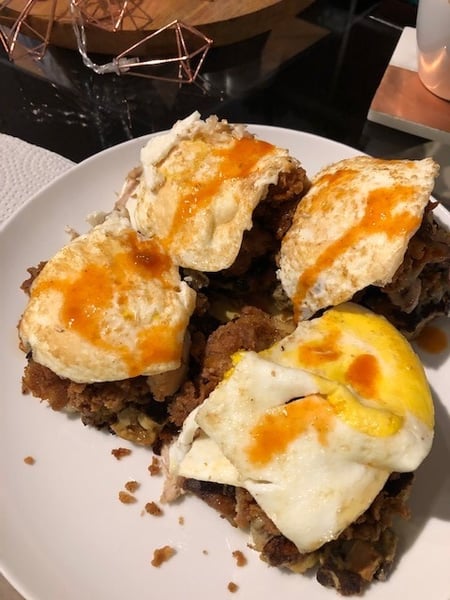
Pros:
- Reducing carbohydrate intake will lead to a very quick and substantial drop in body weight. This is because carbohydrates bind to water in the form of glycogen in the muscles, so when glycogen levels decrease, water is flushed out. This is not a drop in body fat, but seeing a big change in the scale for sticking to a new diet for just few days is a great morale booster that will often help individuals with their adherence to the diet.
- Depending on how low you take your carbs, it is likely that many of them will end up being just fruits and vegetables, so many of the less nutritious and denser foods are off the menu.
- If you actually do a true ketogenic diet, after the first couple weeks of being a zombie and adapting to the diet, your mental state will actually change as your brain will be running on ketones instead of carbs. Many people find they are much more productive in this state.
Cons:
- Reducing carbs negatively impacts athletic performance in many individuals. Your muscles use glycogen to contract and aid in recovery, so if they’re constantly depleted of glycogen you’re going to have a hard time performing at your best.
- While you won’t be bingeing on cakes and bread on a low carb diet, nuts often seem to take the place of those, and are just as easy to overeat and put you into a calorie surplus.
- When you do reintroduce carbs back into your diet, your scale weight will bounce right back up. Again, not fat, but it can be discouraging. I actually did a keto diet for my first bodybuilding contest 7 years ago, and after the show was done, several days of pigging out on every type of carb imaginable led me to regain about 25 pounds in several days. Oops.
- Carbs are awesome! They do not make you fat unless you’re in a calorie surplus, and when you think about it, most of the fattening carb based foods like cakes, cookies, and pies, have a lot more calories from fat than carbs.
Time Restricted Eating
These diets are more commonly known as intermittent fasting. This is simply picking a time of day to confine your eating to, and drink water or zero calorie beverages the remaining time. Many people want you to believe that something fancy happens when you fast which causes hormonal changes to induce greater fat loss than following a standard eating plan, but this is simply not true. However, as someone who doesn’t follow any sort of diet, this is the one I recommend the most often.
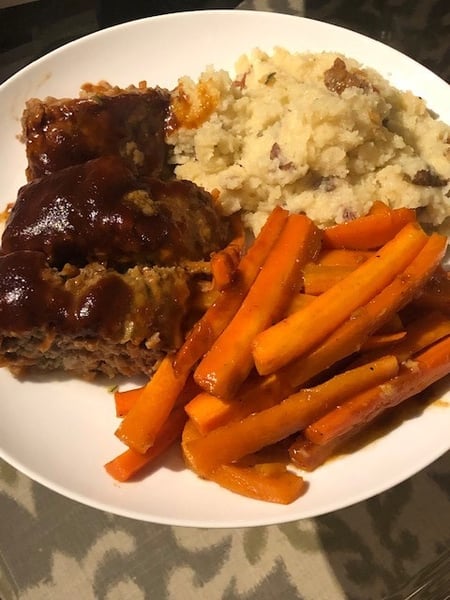
Pros:
- There are no off-limit foods here. You can continue to eat whatever foods you enjoy so long as you hit that calorie deficit.
- There are limitless ways to implement this. You can fast 12 hours and eat in a 12 hour window (essentially just skipping a traditional breakfast time or dinner time meal), you can do the more standard 16 hour fast, 8 hour feeding window, or you can implement a 24 hour fast once or twice a week and eat normally the other days. Our ancestors didn’t eat 3-4 square meals a day, so there is zero necessity for us to.
- For people who tend to mindlessly snack or graze all day, implementing the fast during these periods will eliminate that temptation.
- Depending on how you size your feeding window or windows, it may be pretty hard to overshoot your calories, especially if you combine this strategy with one of the previous ones.
Cons:
- On the flip side, if you’re someone who struggles with portion control as is, going into your feeding periods hungrier than usual is a recipe for disaster. Similarly if you’re someone with a history of eating disorders, I wouldn’t recommend this strategy for obvious reasons.
- If your goal is to build muscle, research has shown that 3-4 evenly sized and spaced feedings of protein is optimal, so that would be difficult to do here. I’d suggest a full day fast on a day off from lifting if you wanted to try and simultaneously build some muscle and lose some fat.
- If you have a very demanding job and are very active all day, it can be difficult to go this long without eating and getting fatigued.
- A very easy way to utilize this method especially if you have a sedentary job is simply wait till lunch to break your fast. Contrary to what we’ve been told, skipping breakfast in of itself is not a big deal…however, if skipping breakfast makes you more tired and sluggish than if you ate it, you may very well expend less energy in incidental activities (take the elevator instead of the stairs, fidget less, or even just move a bit slower). Over the course of weeks and months, this can add up to a lot of calories not spent.
Hopefully this was a handy guide to help clarify some of the current nutrition trends. And remember, you do NOT need to follow any specific one of these (I don’t) to lose weight, but they are easy ways to reduce your caloric intake.
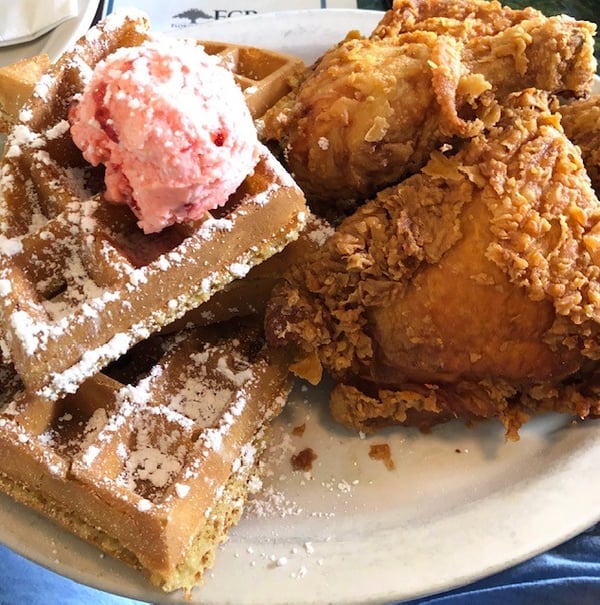
You might be wondering what chicken and waffles have to do with any of these “diets”. Really nothing, but it shows that as long as you maintain a calorie deficit, you can enjoy whatever foods you want. These diets are just different rules that you can choose to or choose not to abide by to maintain that deficit. Obviously it would be easier for a 250 pound athlete to have larger portions than a sedentary person, but that doesn’t mean they’re off limits!
Let me know if you want any more in depth information on any one of these by leaving me a comment.
If you are interested in learning more about the keto diet, be sure to check out The Chopping Block's Keto Kraze class coming up on Sunday, March 31 at 10am at Lincoln Square. There's also Eating the Winter Weight Away on Tuesday, March 12 6pm at the Mart, and Good for the Gut is a new class being offered coming up in April that's all about foods containing good bacteria.
